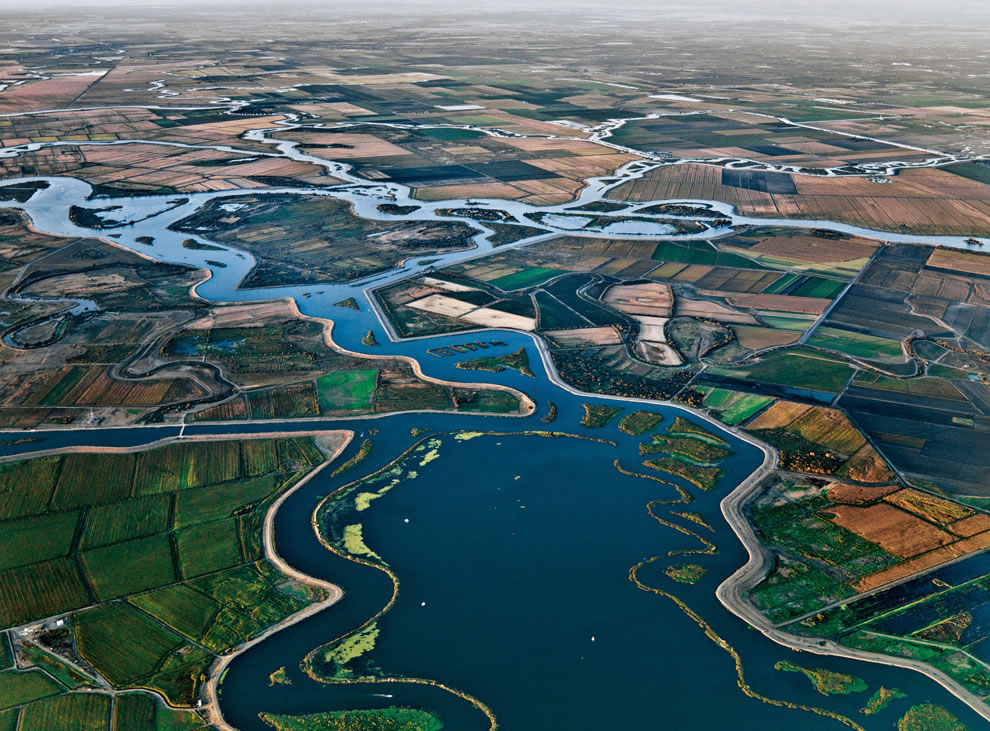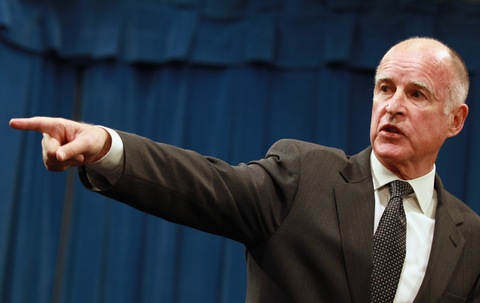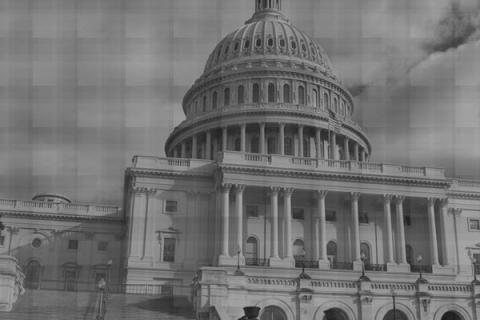Gov. Jerry Brown is playing fast and loose with the democratic system in California in his efforts to get his cherished Delta canal, or tunnel, constructed. After his "State of the State" speech earlier in the year, Brown attended a meeting of the Orange County Business Council, where he said he may yank the Water Bond off the November 2012 ballot, just as previous Gov. Arnold Schwarzenegger did with the 2010 ballot.
Brown remarked that the general obligation bond measure is not immediately necessary because ratepayers in several water districts could foot the bill for a new conveyance-either a canal or a tunnel-and five intakes along the Sacramento River to carry more Northern California water south.
He was referring to a financing idea by the Delta Stewardship Council's Delta Plan called "the beneficiaries pay" in which the cost of new facilities is born by the users. The practical effect of such a plan is that the multi-billion-dollar price tag for a canal or tunnel, five intake installations, pumping stations, and the $1-billion-a-year operating costs would be financed by fiat. The water agencies could then raise local water rates sky-high. In this scenario, the water agencies would borrow the money and immediately raise water rates to recoup their costs, plus interest.
Construction in the Delta could start at once.
The cover story is that Brown wants the Water Bond off the November ballot because it might cause his tax-increase bill to be defeated. His reasoning: why would voters want to raise taxes to cover present debt and at the same time take on more debt?
The reality is all that and more. Brown and the water agencies are deathly afraid that California voters would defeat the measure. One of the reasons Schwarzenegger took the Water Bill off the 2010 ballot was a private poll conducted said it would be defeated. Californians simply didn't like neither the idea nor the cost.
Forcing a canal or tunnel on the people of California, by giving the water agencies the right to raise water rates to pay for it, would challenge U.S. and California Constitutional Law. First, it amounts to taxation without representation, subverting the US Constitution. It could also be challenged in court as bypassing the democratic process, setting a precedent for tyrannical funding measures. Finally, it could spur a gigantic voter revolt against any and all future measures seeking to separate Californians from their hard-earned cash.
Given that funding a canal or tunnel by raising water rates would be challenged in court, is there another way Brown could get his canal without a vote of the people?

Yes.
In 2009, the State Legislature amended the State Water Code with new laws concerning the Delta. Section #12201 reads: "The legislature finds that the maintenance of an adequate water supply in the Delta sufficient to maintain and expand agriculture, industry, urban and recreational development in the Delta area...and to provide a common source of fresh water for export to areas of water deficiency is necessary to the peace, health, safety and welfare of the state." You don't have to be a legislative analyst to understand that because the State Water Code is State Law, the legislature can simply appropriate state funds from the state budget to fulfill the law--the public be damned.
Still, is there enough extra money in the budget to do this? No. However, it just so happens that the Department of Water Resources has over $10-billion in its treasury, monies still unspent and left over from past water ballot measures. Much of this $10-billion is uncommitted and would go a long way in getting a Delta project off (or under) the ground.
So, will the water agencies, the Delta Stewardship Council, Bay Delta Conservation Plan and the private firms ready to begin construction of new housing developments in the Southland, get their water?
Can't miss. It's state law!

